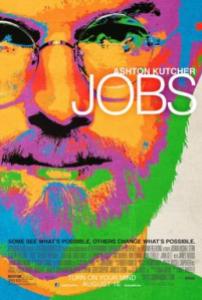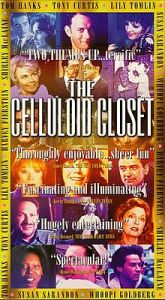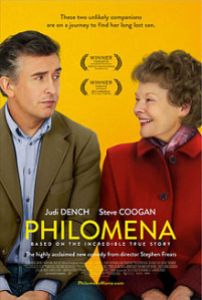Alice (1988)
Lewis Carroll’s Alice in Wonderland is the quintessential story about the uncertainty of childhood. To a child, the world is a mystery and its myriad rules often seem nonsensical; we have to learn to be rational.
This odd blend of live action and stop-motion animation embraces the twisted, scary parts of Carroll’s work. The inhabitants of Wonderland look dangerous, and it feels like Alice is in genuine jeopardy.
It uses a recurring close up of Alice’s lips while she recites a line from the book as a transition between scenes. This forces us to keep the book in mind, which, in turn, forces us to see this movie as an extension of the novel and not an independent thing, raising questions about the nature of adaptation.
Part Labyrinth (1986), part Adaptation (2002), this is one of my favorite works inspired by Alice in Wonderland.
Jobs (2013)
When I heard Ashton Kutcher was playing Steve Jobs, I assumed it would be horrible, but I found myself almost liking this film.
Josh Gad (Apple co-founder Steve Wozniak) seems destined for better things. He starred in The Book of Mormon on Broadway and voiced Olaf in Frozen (2013). Years from now, he’ll look back at this movie and wince.
The film goes to great lengths to show Jobs’s temper, selfishness, and isolation, but it’s clear the movie doesn’t intend for us to see him as anything less than a transcendent figure and expects us to forgive all his faults as if they were minor quibbles. All of Apple’s failures were a result of other people hampering his revolutionary vision.
After his acrimonious departure from Apple, Jobs undergoes a spiritual transformation, connects with the daughter he had previously pretended did not exist, takes up gardening, and drastically simplifies his wardrobe. However, all of this happens offstage while we watch a montage of failed Apple CEOs. The movie shows us everything but the most interesting part of his life.
The Celluloid Closet (1996)
Narrated by the great Lily Tomlin, this movie explores how artists managed to include depictions of homosexual behavior despite objections from the Hays Code and the Catholic League of Decency. The more these groups objected, the more creative and subversive filmmakers became.
To people of a liberal persuasion, they will see the artists depicted here as brave crusaders. To conservatives, they will see their suspicions of a secret Hollywood agenda confirmed.
Philomena (2013)
Unemployed journalist Martin Sixsmith (Steve Coogan) reluctantly agrees to write about Philomena Lee, who was forced to give up her young child for adoption by overzealous Catholic nuns punishing her because she conceived the child out of wedlock. Fifty years after their separation, Sixsmith and Lee attempt to discover his whereabouts and reunite the two.
From Renaissance Queen to dying artist to gossiping busybody to head of a master spy ring, Dame Judy Dench never ceases to amaze, and her work here continues a long string of excellence.
Most of Steve Coogan’s work has been in comedic films like Night at the Museum (2006), Tropic Thunder (2008), Hamlet 2 (2008) and Alan Partridge: Alpha Papa (2012), but with this film and What Maisie Knew (2012), he proves to be a more than capable dramatic actor.
The first hour is prelude. The movie really lasts about ten seconds, about as long as it takes Philomena Lee to say three words: I forgive her. By forgiving her tormentors, Ms. Lee shows us the power of faith to transform and heal.
There were some who felt it was unfair to Catholicism. If your focus is on the religious institution, then, yes it’s an ugly portrait. The nuns who separated families in the name of Jesus are a horrible manifestation of a certain strain of religion practiced by far too many, but this film demonstrates how beautiful and life affirming faith can be. As long as there are people of faith like Philomena Lee, the future of mankind is assured.



